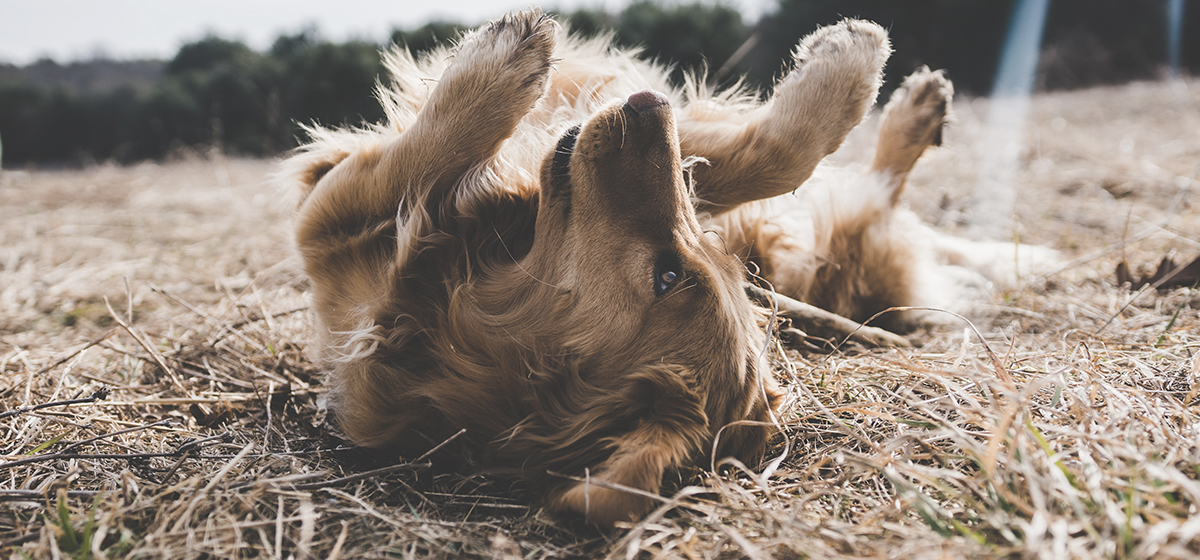Many dogs become lifetime companions for humans. A pup can be born in a household, grow up, then reach old age at the same address. Dogs have limited lifespans, but that doesn’t make them any less special than a human’s other companions in the household. We can treat these canines with care that they deserve, especially once they grow old. So it’s not surprising that managing senior dogs continues to be a trending topic among pet owners. What are some significant steps to take as you care for your ageing dog at home? Follow these tips below.
Provide Accessories for Senior Dogs
Just like us humans, senior dogs don’t have the same strength or vitality they had when they were younger. This is why certain products or accessories are available to help senior dogs maintain a comfortable quality of life at their age. Orthopaedic beds, warmers, and anti-slip socks are some examples you can provide for your elderly doggy. These simple investments can help relieve joint aches, maintain a comfortable temperature, or stabilise walking.
Maintain a Healthy Diet for Them

Feed senior dogs food that’s recommended for their age to maintain a healthy diet for their age. Follow a veterinarian’s advice if your senior dog has specific medical needs. After all, veterinary doctors know what diet or supplement would best work for your pet’s condition. Your canine companion’s diet becomes more delicate as they age, so don’t feed them anything not approved by their vet.
Visit Your Veterinarian Regularly
Speaking of veterinary help, pet owners are still expected to visit their trusted vets regularly. This lets veterinarians monitor your senior dog’s health and recommend specific plans of action in case of medical conditions that need urgent attention. This habit is a worthwhile investment with how it gives you peace of mind and your ageing dog a healthier quality of life.
Maintain Their Mental and Physical Activity

Stimulate your dog with brain games and scavenger hunts to keep their mind and body active at their age. You can do these at a pace that they can keep up with so as not to tire them out. For example, you can hide their favourite treats at various hidden spots around the house that they can then go and find. For physical activities, you can do simple fetch, provide chew toys, or do simple swimming if your canine is unafraid of the water.
Senior dogs deserve the same attention and love we gave them when they were younger, if no moreso. They are our furry, loyal life companions that often bore witness to every ups and downs in our life. They might not have the same youthful playfulness they had before, we must still understand their lifespan, age, and the changes that come with such. By taking these to heart, we can learn to respect our canine friends and realise our role as their human caretakers.
